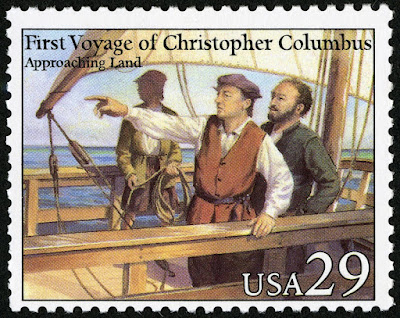Captain James Cook was a British explorer and navigator known for his significant voyages in the 18th century. Here is a brief note about him, including his birth and death dates:
- Born: October 27, 1728
- Died: February 14, 1779
James Cook's notable achievements:
Exploration: Cook is renowned for his extensive voyages in the Pacific Ocean. He made three major expeditions during his lifetime, exploring and mapping areas such as the eastern coast of Australia, the islands of the South Pacific, and the west coast of North America.
Mapping: Cook's expeditions greatly contributed to the accurate mapping of previously unknown parts of the world. His detailed charts and maps proved invaluable for later explorers and navigators.
Scientific Contributions: Cook's voyages also had a significant impact on the fields of natural history, botany, and ethnography. He and his crew documented and collected numerous plant and animal specimens, as well as cultural information about the indigenous peoples they encountered.
Pacific Islands: Cook is often credited with being the first European to reach the eastern coast of Australia and the Hawaiian Islands, among other places. His voyages played a pivotal role in opening up the Pacific region to European exploration and trade.
Legacy: James Cook's expeditions laid the foundation for further exploration of the Pacific and contributed to the expansion of British influence in the region. His legacy endures in the many places and features named after him, such as Cook Islands, Cook Inlet, and the Cook Strait.
James Cook's contributions to exploration, navigation, and the advancement of knowledge about the Pacific and its peoples have left a lasting impact on history. His birth on October 27, 1728, and his tragic death in Hawaii on February 14, 1779, mark the life of a remarkable explorer and navigator whose achievements continue to be celebrated and studied today.


